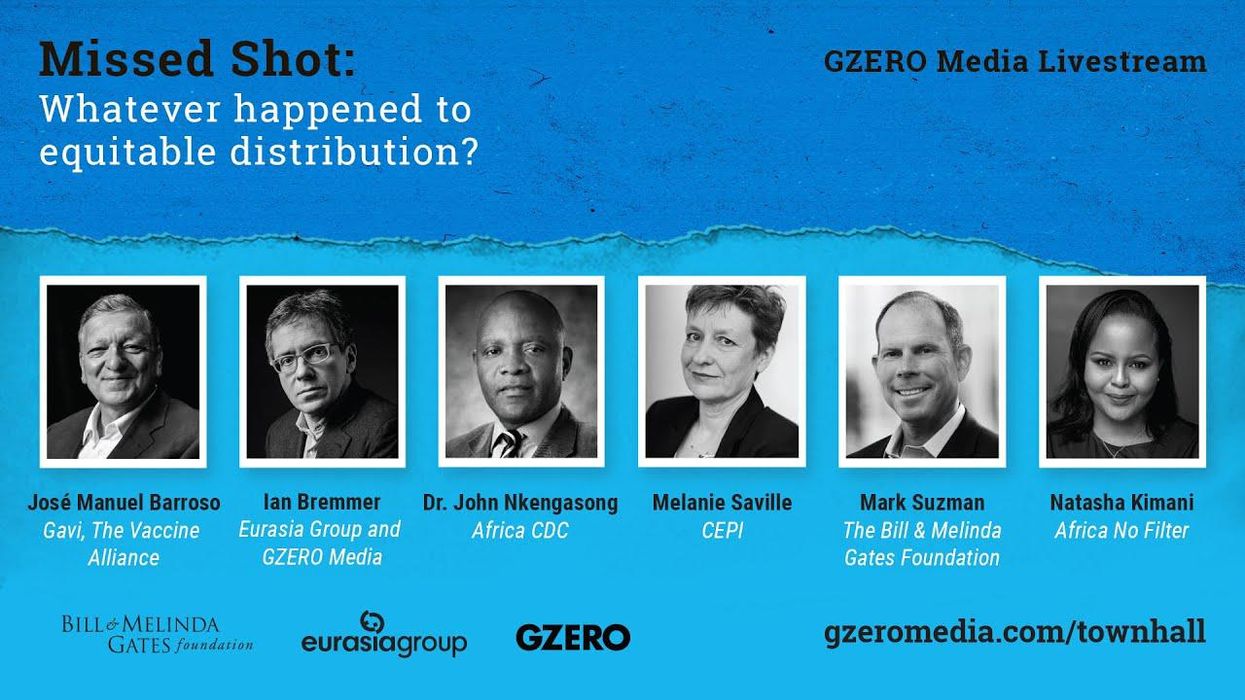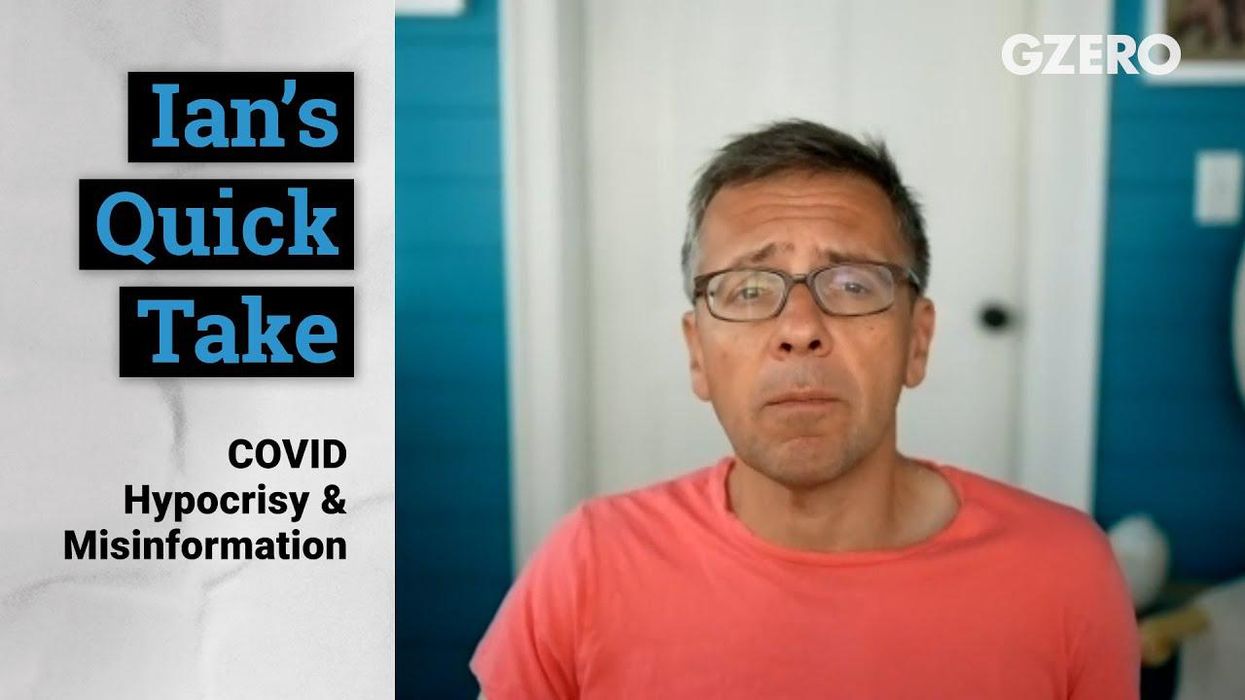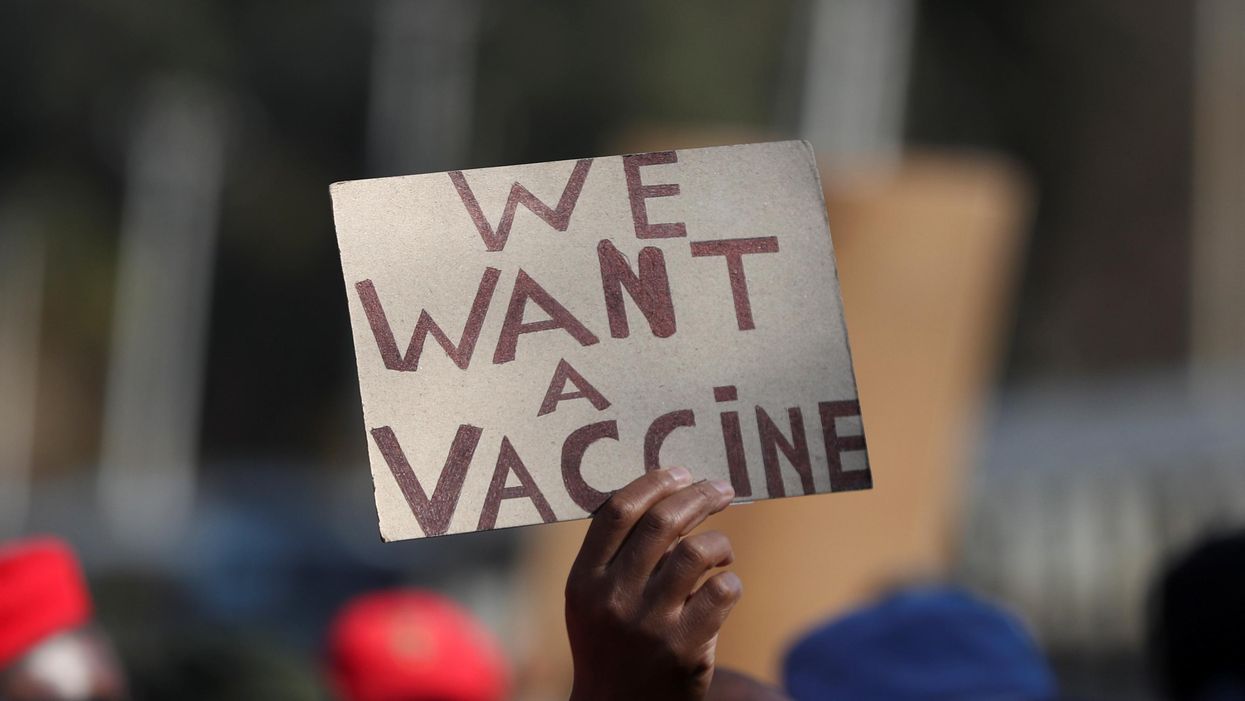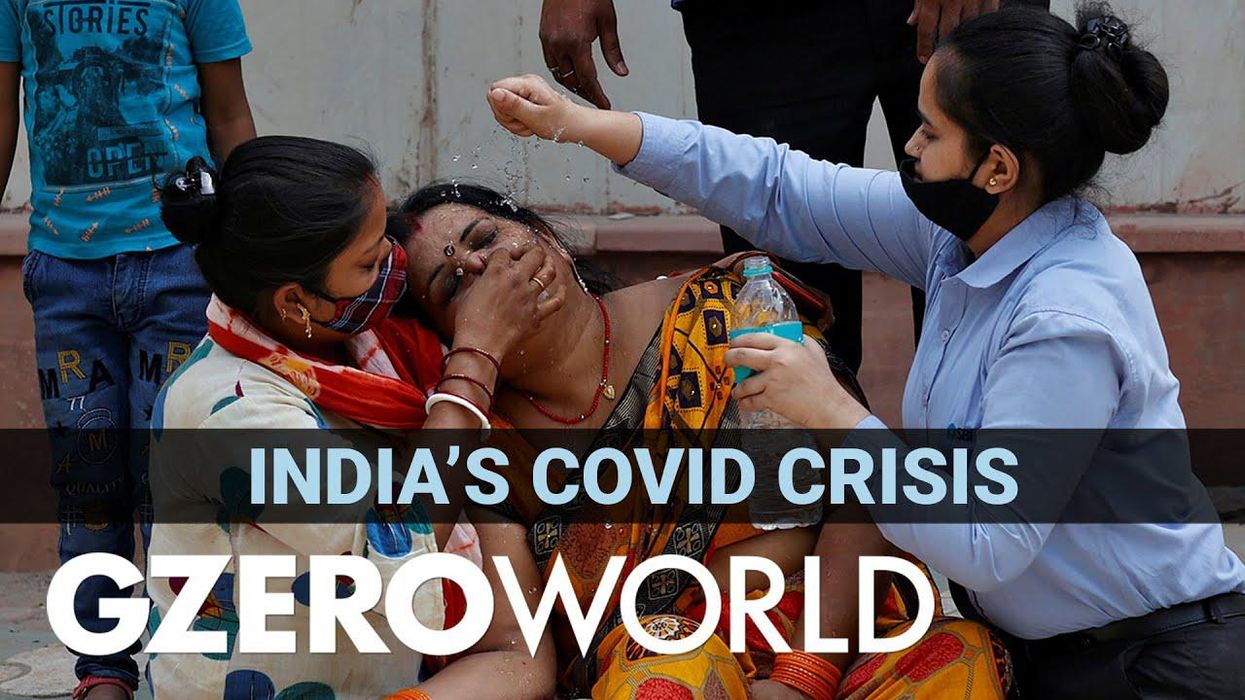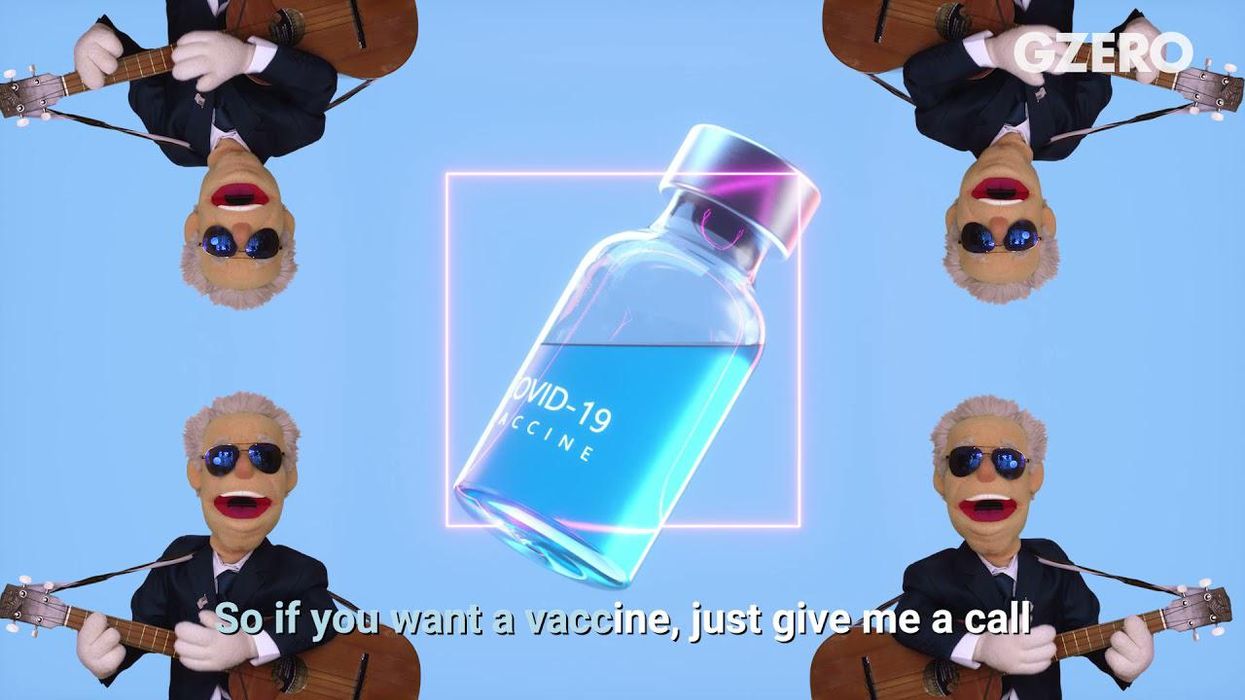Past Events
Can the world learn lessons from vaccine inequity?
GZERO Media and the Bill & Melinda Gates Foundation convened leading experts in public health, research, development, and philanthropy on Thursday to discuss the uneven state of global recovery from health and economic perspectives.
Mar 02, 2022
